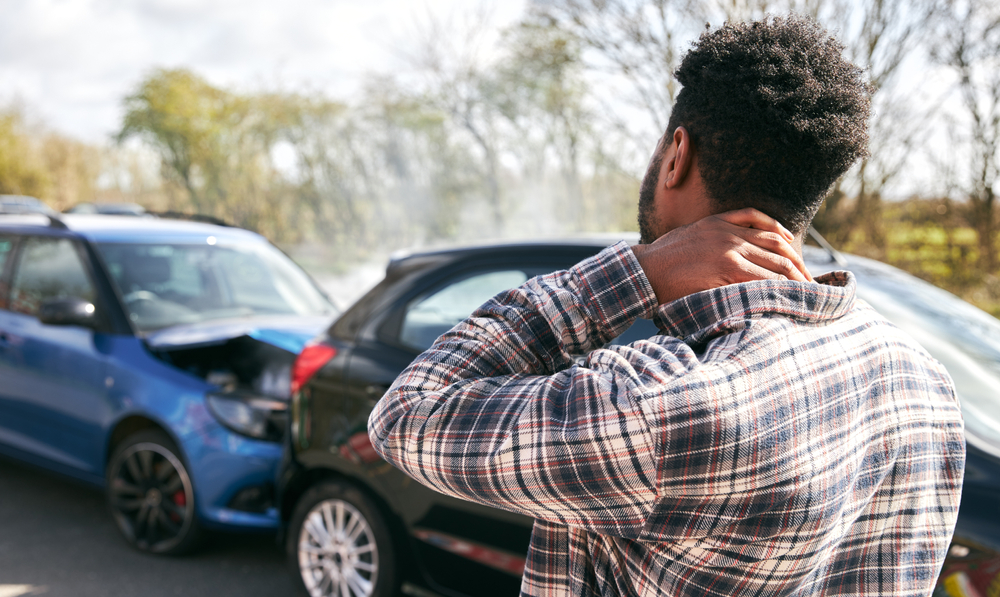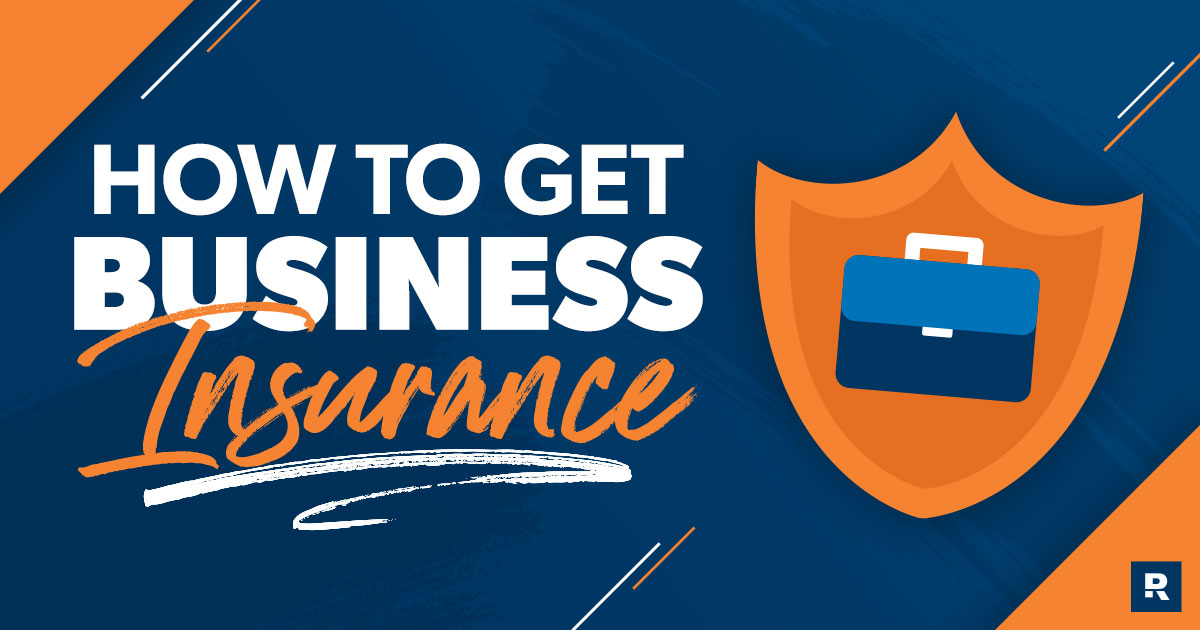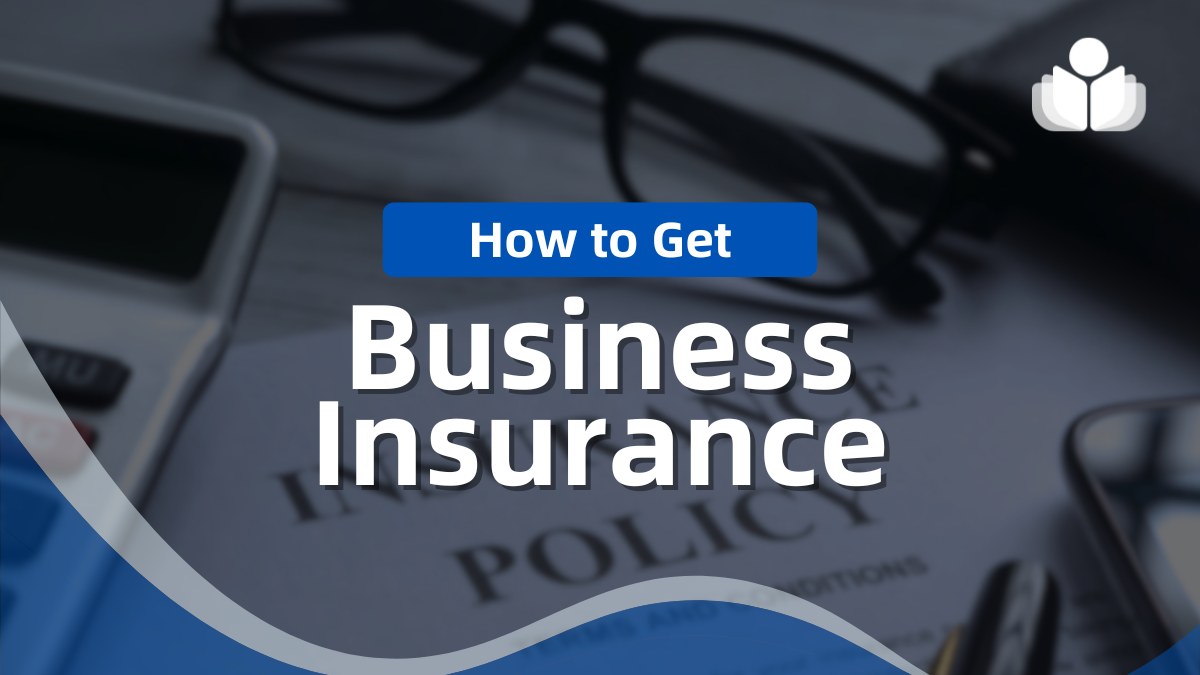Best Thing to Do After a Car Accident
In the aftermath of a car accident, your mind is likely racing and your body is in shock. It’s crucial to stay calm and take the necessary steps to ensure your safety and well-being. Here’s a comprehensive guide to help you navigate the immediate aftermath of a car accident:
First Steps
Immediately following an accident, take the following precautions:
- Move to safety: If possible, pull over to the side of the road and turn on your hazard lights. If you’re unable to move your vehicle, stay inside and keep your seatbelt fastened.
- Check for injuries: Assess yourself and any passengers for injuries. If someone is seriously injured, call 911 immediately.
- Call 911: Even if no one appears to be hurt, it’s essential to call 911 to report the accident. The police will create an accident report, which can be helpful for insurance and legal purposes.
- Stay calm and collect information: Exchange insurance and contact information with the other driver(s) involved. Take pictures of the damage to both vehicles and the scene of the accident.
- Do not admit fault: It’s crucial to avoid making any statements or signing any documents that could be interpreted as admitting fault for the accident.
- Contact your insurance company: Inform your insurance company about the accident as soon as possible. They will guide you through the claims process and help you file a report.
- Seek medical attention: Even if you feel fine, it’s important to see a doctor. Some injuries may not manifest immediately, and a medical checkup can help identify and treat any hidden problems.
Best Thing to Do After a Horrific Car Accident
If you’ve just had the misfortune of being involved in a car accident, it’s incredibly important to stay composed, assess the situation prudently, and take the following steps to protect your well-being, legal rights, and the well-being of others involved in the accident.
Call for Help
The most important step is to contact emergency services immediately. Don’t hesitate to call 911 or your local emergency number. Provide the dispatcher with your location, a brief description of the accident, and the number of people involved. If possible, stay on the line until help arrives.
If you or anyone else involved in the accident is injured, it’s crucial to seek medical attention promptly. The adrenaline coursing through your veins after an accident can mask serious injuries, so it’s essential to get checked out by a medical professional even if you don’t feel any pain immediately.
Once you’ve called for help, stay calm and wait for the police and ambulance to arrive. Don’t leave the scene of the accident, as this could be considered a hit-and-run, which is a serious offense.
If you’re able, take photos of the accident scene, including the damage to your vehicle and the other vehicles involved. This will provide valuable evidence for your insurance company and any potential legal proceedings.
Gather information from the other drivers involved in the accident, including their names, contact information, insurance information, and license plate numbers. If there were any witnesses to the accident, get their contact information as well. This information will be helpful to your insurance company and attorney if you decide to pursue a claim.
Don’t discuss fault with the other drivers involved in the accident. This is something that should be left to the police and your insurance companies to determine.
Once the police have arrived, cooperate with their investigation and provide them with a clear and concise account of what happened. Don’t speculate or guess about anything you don’t know.
Seek Medical Attention
Even if you don’t feel injured, it’s important to seek medical attention after a car accident. Some injuries, such as whiplash, may not manifest immediately. By getting checked out by a doctor, you can ensure that you get the treatment you need and document any injuries for insurance purposes.
Contact Your Insurance Company
After you’ve sought medical attention, contact your insurance company to report the accident. They will need to know the details of the accident, including the other driver’s insurance information. Your insurance company will then start the process of investigating the accident and determining who is at fault.
Gather Evidence
In addition to taking photos of the accident scene, you should also gather any other evidence that could support your claim. This could include witness statements, medical records, and police reports. The more evidence you have, the stronger your case will be.
Don’t Sign Anything
After a car accident, you may be approached by the other driver’s insurance company. They may try to get you to sign a settlement agreement. Don’t sign anything without first talking to your own insurance company and getting legal advice.
The other insurance company may try to pressure you into signing a settlement agreement by saying that it’s in your best interests or that it’s the only way to get your claim processed quickly. However, you should never sign anything until you’ve had a chance to review it with your own insurance company and attorney.
In the aftermath of a car accident, it’s crucial to take the necessary steps to ensure your safety, protect your rights, and facilitate a smooth resolution of the incident. One of the most important things you should do is exchange information with the other driver(s) involved in the accident.
Obtain Contact and Insurance Information
First and foremost, you need to obtain the following information from the other driver(s):
It’s essential to be polite and professional when exchanging information. Remember, everyone involved is likely feeling shaken up after the accident. If possible, write down the information on a piece of paper or use your phone to take a picture of their driver’s license and insurance card. This will help ensure that you have an accurate record for future reference.
Best Thing to Do After a Car Accident
A car accident is a distressing and potentially dangerous event. But, in the aftermath of a collision, it’s crucial to remain composed and take the necessary steps to ensure your safety and well-being. One of the most important things to do after a car accident is to document the scene. Here are some tips to help you do that:
Document the Scene
Documenting the accident scene is critical for a variety of reasons. First, it can help establish liability and protect you from false claims. Second, it can provide valuable information to your insurance company when filing a claim. And third, it can help you remember the details of the accident if you need to speak to the police or a lawyer.
Take Photos of the Damage
Photos are one of the best ways to document the damage to your vehicle. Take pictures of all the damage, both inside and out. Be sure to take close-ups of any major damage, such as dents, scratches, or broken glass. You should also take photos of the other vehicle(s) involved in the accident, as well as any property damage.
Collect Witness Information
If there were any witnesses to the accident, get their names and contact information. Witnesses can provide valuable testimony about what they saw and heard, which can be helpful if you need to file a claim or lawsuit.
Report the Accident to the Police
You should always report the accident to the police, even if it’s a minor one. The police will create an accident report that will document the details of the accident, including the names and contact information of the drivers involved, the insurance information, and a description of the damage. The police report can be helpful if you need to file a claim with your insurance company or if you’re considering taking legal action.
Seek Medical Attention
If you’re injured in a car accident, seek medical attention as soon as possible. Even if you don’t feel injured, it’s important to get checked out by a doctor to rule out any hidden injuries. Some injuries, such as whiplash, can take days or even weeks to develop.
Contact Your Insurance Company
You should contact your insurance company as soon as possible after the accident. Your insurance company will be able to help you file a claim and get your car repaired or replaced.
Get a Copy of the Police Report
Once the police have completed their investigation, you can request a copy of the police report. The police report will contain valuable information about the accident, including the names and contact information of the drivers involved, the insurance information, and a description of the damage.
Hire an Attorney
If you’re considering taking legal action, you should hire an attorney. An attorney can help you protect your rights and get you the compensation you deserve.
The Best Thing to Do After a Car Accident
There are few things more frightening than being involved in a car accident. The aftermath can be chaotic, and it’s easy to feel overwhelmed. However, there are certain steps you should take just after such an incident to protect yourself legally and financially and ensure you have the best chance of recovering damages.
**Contact Your Insurance Company**
**Report the Accident and Initiate a Claim**
First, report the accident to your insurance company. Even if you don’t think there’s any damage, it’s important to report it so they can investigate and make a claim. You will need to provide your insurance company with the following information:
**Seek Medical Attention**
Even if you don’t feel injured, it’s important to see a doctor after a car accident. Some injuries, such as whiplash, may not be immediately apparent. Seeing a doctor will help you rule out any serious injuries and get the treatment you need.
**Gather Evidence**
If possible, take pictures of the accident scene, your vehicle, and the other vehicles involved. You should also get the names and contact information of any witnesses. This evidence will be helpful when you file your insurance claim and if you decide to pursue legal action.
**Don’t Admit Fault**
It’s important not to admit fault to the other driver or the police. Even if you believe you are at fault, admitting fault can hurt your case later on. Instead, simply state the facts of the accident. You can cooperate with the police investigation without admitting fault.
**Get a Copy of the Police Report**
The police report will contain important information about the accident, including the names and contact information of the other drivers involved, the location of the accident, and a description of the accident. You can request a copy of the police report from the police department that investigated the accident.
**Hire an Attorney (Optional)**
If you have been seriously injured in a car accident, you may want to consider hiring an attorney. An attorney can help you file your insurance claim, negotiate with the insurance company, and pursue legal action if necessary.
The Best Thing to Do After a Car Accident
The moments after a car accident can be chaotic and overwhelming. It’s essential to stay calm, make smart decisions, and take the right steps to protect your health and rights. Follow these crucial steps to ensure you handle the aftermath of a car accident effectively:
Seek Medical Attention
Even if you’re feeling fine, it’s imperative to seek medical attention immediately after an accident. Some injuries, such as internal bleeding or whiplash, may not manifest immediately. A doctor can conduct a thorough examination, diagnose any injuries, and provide appropriate treatment.
Contact the Police
Call the police right away. Their report will document the accident, including the time, location, and details of the collision. This report can serve as valuable evidence if you need to file an insurance claim or pursue legal action.
Exchange Information with the Other Driver(s)
Get the names, contact information, insurance details, and license plate numbers of the other driver(s) involved in the accident. This information is essential for insurance purposes and potential legal proceedings.
Take Photos
Document the accident scene by taking pictures of the vehicles, damage, and any visible injuries. These images can help you prove your case in the event of an insurance claim or lawsuit.
Get a Copy of the Police Report
Once the police have completed their report, request a copy for your records. This report provides an official account of the accident and can be helpful if you need to dispute insurance claims or legal disputes.
Contact Your Insurance Company
Notify your insurance provider about the accident promptly. They can help you file a claim and guide you through the process of getting your vehicle repaired or replaced.
What to Do After a Car Accident: A Step-by-Step Guide
Car accidents are a frightening and common occurrence, and knowing what to do after one can make all the difference in protecting your health, finances, and legal rights. Here’s a comprehensive guide to help you navigate the aftermath of a car accident:
First and foremost, ensure your safety. If possible, pull over to a safe location. Check yourself and your passengers for injuries, and call 911 immediately if anyone needs medical attention. Reporting the accident to the police is crucial for obtaining an official record and initiating an investigation.
Gather Essential Information
While waiting for the police, gather as much information as possible. Exchange contact and insurance details with the other driver(s) involved. Take pictures of the accident scene, including the damage to all vehicles. If there are witnesses, get their contact information as well. This documentation will be invaluable for insurance claims and potential legal proceedings.
Seek Medical Attention
Even if you don’t feel injured immediately, seek medical attention as soon as possible. Some injuries may not manifest for hours or even days after the accident. A thorough medical checkup can identify hidden injuries and ensure you receive appropriate treatment.
Contact Your Insurance Company
Notify your insurance company about the accident promptly. They will guide you through the claims process and help arrange for necessary repairs or replacements.
Hire an Attorney if Needed
If the accident was serious, resulted in significant injuries, or you disagree with the other party’s account, consider consulting an attorney. A skilled attorney can protect your rights, negotiate with insurance companies, and represent you in court if necessary. Remember, hiring an attorney doesn’t mean you’re automatically suing; it simply ensures that your legal interests are protected.
Preserve Evidence
Keep all records related to the accident, including medical bills, repair estimates, photos, and witness statements. Avoid discussing the accident details on social media or with anyone other than your attorney, as these statements can be used against you later. Preserve any damaged clothing or personal belongings as they may provide valuable evidence.
Take Care of Yourself
Physical and emotional recovery after a car accident can take time. Prioritize rest, nutrition, and exercise. Seek support from family, friends, or a therapist if needed. Don’t be afraid to reach out for help; recovering from a car accident is not a solitary journey.
By following these steps, you can protect your health, finances, and legal rights after a car accident. Remember, your well-being is of utmost importance. Don’t hesitate to seek professional help when necessary and give yourself the time and space you need to recover both physically and emotionally.
The Best Thing to Do After a Car Accident: A Guide for Protecting Your Rights
The aftermath of a car accident can be a whirlwind of confusion, adrenaline, and uncertainty. In the midst of the chaos, it’s crucial to remember these key steps to preserve your rights, seek proper medical attention, and navigate the legal complexities that may arise.
Preserve Your Rights
In the immediate aftermath of an accident, it’s easy to become overwhelmed and make decisions that could jeopardize your rights later on. Here are some critical actions to take to protect yourself:
-
Stay Calm and Composed: It’s natural to feel shaken after an accident, but try to remain collected. This will help you make clear-headed decisions and avoid saying or doing anything that could hurt your case.
-
Don’t Admit Fault: Never admit fault to the other driver or the police at the scene. Even if you believe you made a mistake, it’s vital to reserve judgment until you’ve spoken with an attorney.
-
Document the Scene: Take photos of the damage to both vehicles, the surrounding area, and any visible injuries. If possible, obtain witness information and contact details.
-
Seek Medical Attention: Even if you don’t feel injured, it’s crucial to seek medical attention as soon as possible. Hidden injuries may not manifest themselves immediately, and a timely evaluation will protect your health and establish a medical record of your condition.
-
Follow Doctor’s Orders: Once you’ve been examined, follow your doctor’s instructions for treatment and rehabilitation. Failing to do so may compromise your recovery and weaken your claim for damages.
-
Contact Insurance Companies: Notify your insurance company about the accident promptly. They will investigate the claim and provide guidance on next steps.
-
Be Cautious of Settlement Offers: Insurance companies may offer a quick settlement, but it’s usually in your best interest to wait until you’ve had a chance to consult with an attorney and fully understand your rights.
-
Consult an Attorney: If the accident involves significant injuries or property damage, don’t hesitate to consult with an experienced personal injury attorney. They can evaluate your case, advise you on legal options, and protect your rights throughout the process.





Leave a Reply